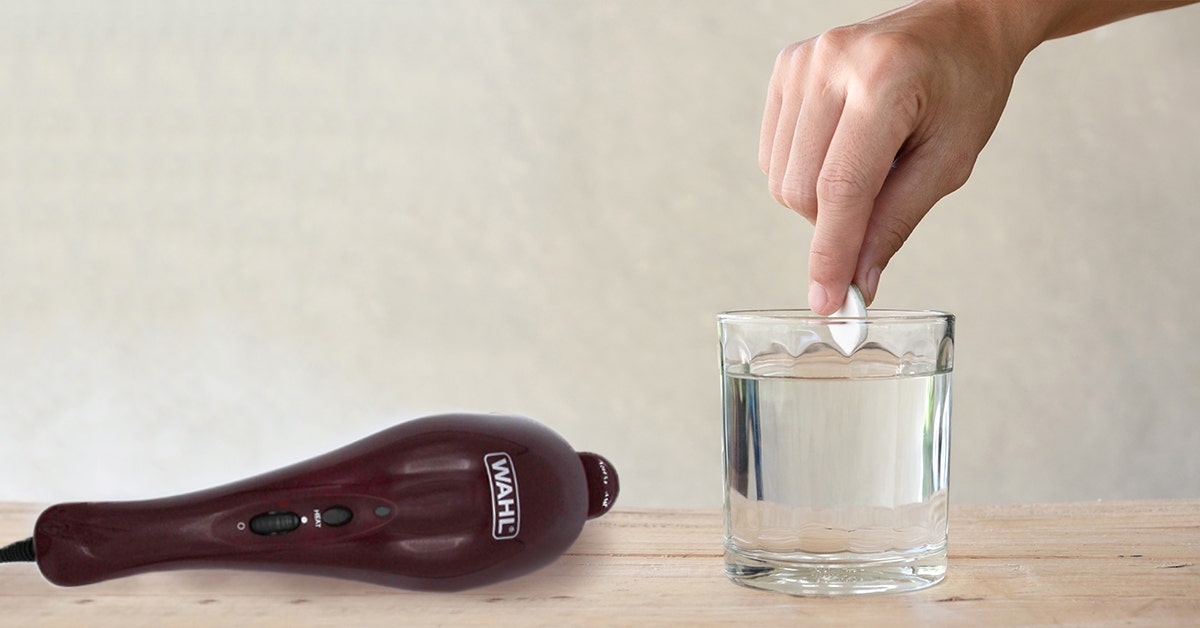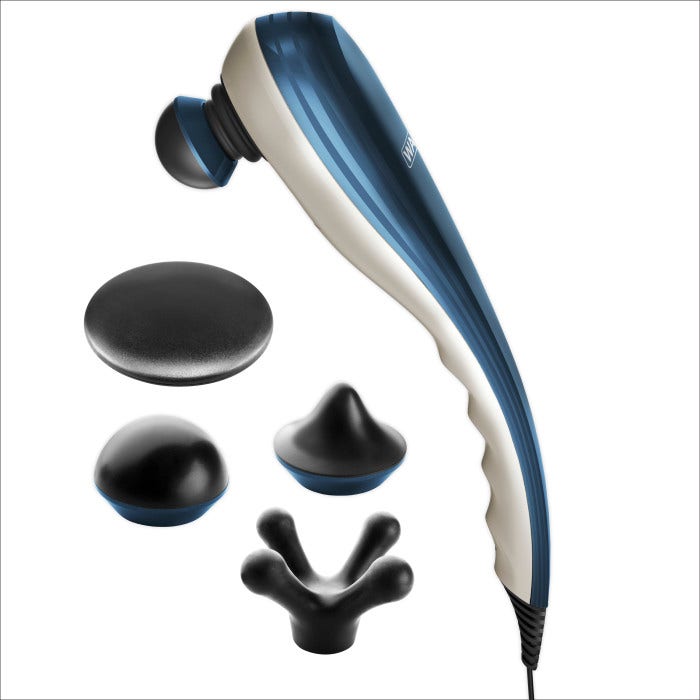Slice, dice, blend and boil – our food can sure take a beating. As we pulverize tomatoes for homemade lasagna, the acid in that same tomato is conspiring. At dinner, we strike. That same tomato is known to cause acid reflux. And Nothing ruins a delicious meal quite like it revisiting our taste buds a few hours later. Not as good the second time. Interestingly enough, 20% of the population suffers from some level of acid reflux, more formally known as Gastroesophageal reflux disease (GERD). What can be done to stop it, you ask? Sure, there are a variety of medications available to help prevent the symptoms, both over-the-counter and prescription, but resorting to medication doesn’t have to be your only option. Here are some simple lifestyle adjustments that can often prevent or reduce symptoms:
1. Rest & Relaxation
Whether you’re a “9-5er”, a “weekend warrior”, a mother or all the above you may find that the stressors are plentiful while the ‘R-N-R’ is minimal. Unfortunately, this constant stress can be contributing to digestive issues. Massages have been shown to help reduce stress, which can be helpful for a slew of conditions that include digestive disorders like GERD. Consistent massages can be rather expensive. For a cost-effective alternative, try a handheld massager such as the Wahl Hot-Cold Therapy Massager . It combines soothing massage with hot and cold therapy to help reduce stress, reduce pain and stimulate blood flow. The long handle also makes it easy to reach the upper and lower areas of the back. By massaging the back, you can increase blood flow to the thoracic discs which can help alleviate GERD symptoms.
2. Dietary Dos and Don’ts
Some foods may fight back more than others. If you suffer from GERD, it is best to limit or avoid foods and drinks like soda, alcohol, tomatoes, onions, peppermint, chocolate, coffee, citrus juices, spicy foods and foods that are high in fat. Some foods can help improve symptoms, including oatmeal, ginger, egg whites and non-citrus fruits like apples and bananas
3. Nix Nicotine
It seems redundant to say smoking is unhealthy. Specifically, in the case of GERD, the nicotine found in tobacco leaves can relax the muscles in the lower esophagus. When this happens, you’ll start to feel the burn of stomach acid as it enters the esophagus. Some smokers can develop a raspy smoker’s cough over time. Each time a person coughs, the pressure in the abdomen increases. When pressure rises, so does the stomach acid. In short, if you’re hoping to avoid GERD symptoms, start by cutting out tobacco.
4. Stand up Straight
After each meal, try and remain upright for a few hours. Due to the weakening of the lower esophageal sphincter (LES), having gravity on your side is always a wise choice when trying to keep food down. It is best to eat dinner at least three hours before bed to allow your body time to digest.
These tips provided by Wahl, the experts in at-home therapeutic massagers. To find out more about the Wahl Hot-Cold Therapy massager, click here. If you find yourself in these food fights more often than not, it may be time to consult with a doctor.

 India (English)
India (English)
 Middle East and Africa (English)
Middle East and Africa (English)
 South Africa (English)
South Africa (English)
 Australia (English)
Australia (English)
 Japan (日本語)
Japan (日本語)
 South East Asia (English)
South East Asia (English)
 Singapore (English)
Singapore (English)
 Europe (English)
Europe (English)
 France (French)
France (French)
 Germany (German)
Germany (German)
 Hungary (Hungarian)
Hungary (Hungarian)
 Italy (Italian)
Italy (Italian)
 Poland (Polish)
Poland (Polish)
 Portugal (Portuguese)
Portugal (Portuguese)
 Russia (Russian)
Russia (Russian)
 Spain (Español)
Spain (Español)
 The Netherlands (Dutch)
The Netherlands (Dutch)
 Turkey (Turkish)
Turkey (Turkish)
 United Kingdom (English)
United Kingdom (English)
 Argentina (Español)
Argentina (Español)
 Brazil (Portuguese)
Brazil (Portuguese)
 Colombia (Español)
Colombia (Español)
 Latin America (Español)
Latin America (Español)
 México (Español)
México (Español)
 Chile (Español)
Chile (Español)
 Peru (Español)
Peru (Español)
 Canada (English)
Canada (English)







_0_0.jpg)
